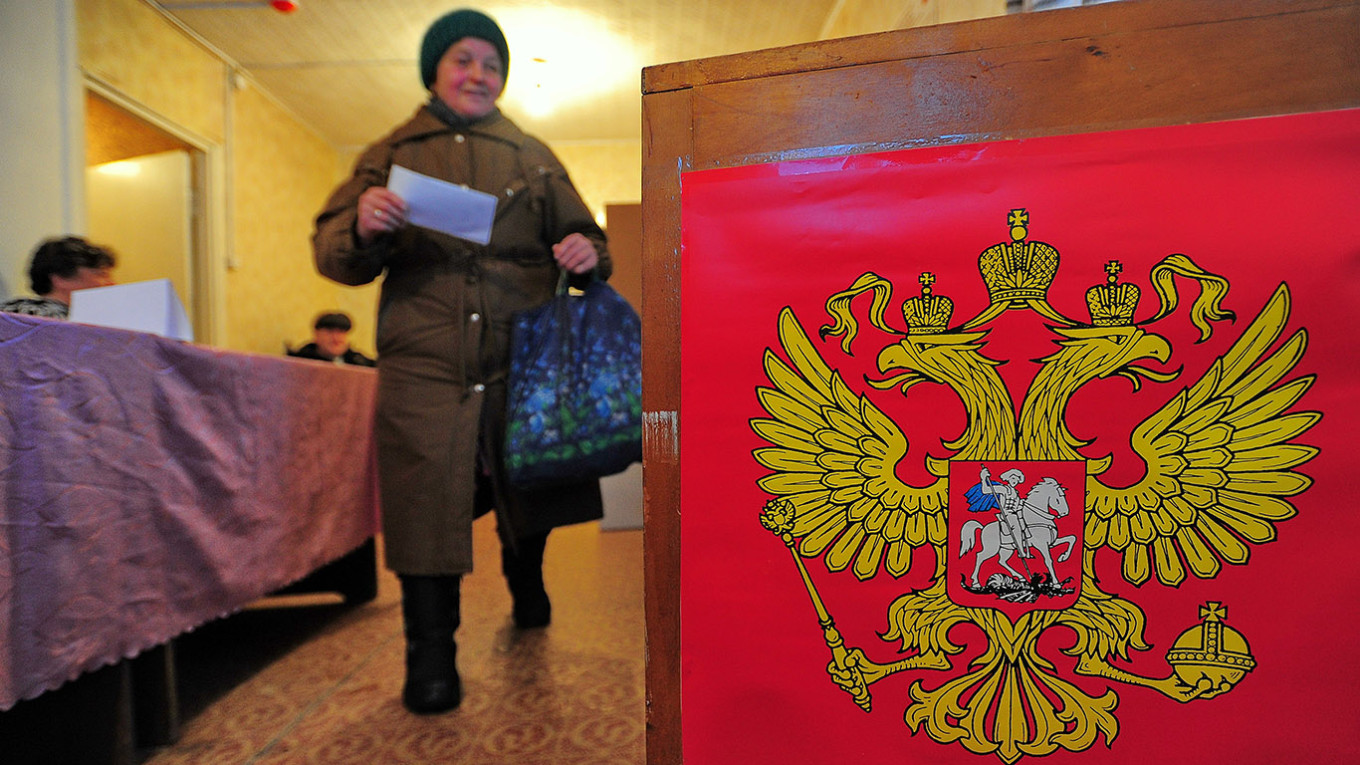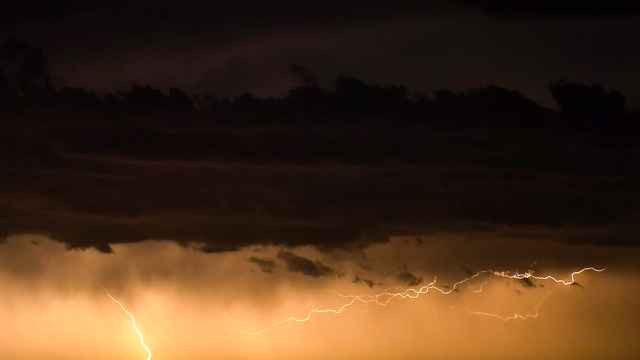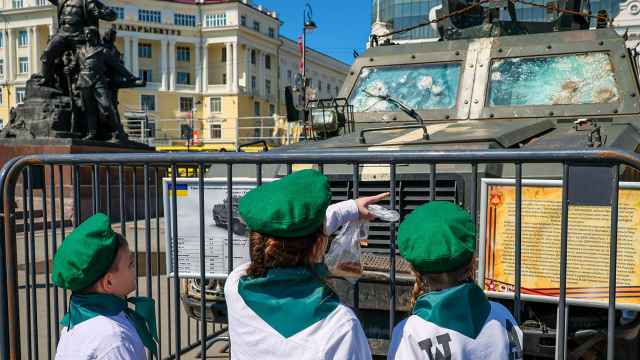Russia’s recently adopted reform of municipal self-governance entered into force on June 19. It caps a years-long series of reforms that solidify a rigid top-down chain of command. The aim is to create a more uniform, interchangeable set of regional and local cadres to manage regions and their elites without actually leading or allying themselves with them.
These reforms were proposed in the name of increasing efficiency and saving money. Several government officials, such as Vladimir Yakushev, the head of the governing United Russia party’s general council and Pskov Governor Mikhail Vedernikov have argued that abolishing these representative institutions — and the direct elections that accompany them — will make governance more responsive and efficient. No more money will have to be spent on thousands of rural self-governments, assemblies and other functions which constituted the lower tier of local public administration.
Citizens, however, have disagreed. They have justified fears of losing access to vital government services and control over the officials with the most direct impact on their lives. We know this because these changes have already been implemented by dozens of regional governments. The Kremlin set new norms by announcing a policy objective or praising the results of a region, and letting regional leaders — who are incentivized to demonstrate their effectiveness and loyalty to Moscow — figure out the rest.
These regional reforms triggered protests that brought together citizens as diverse as liberal oppositionists and active participants in the war. Importantly, local, regional and even some federal officials also criticized the bill. Despite backing from the presidential administration’s political bloc, the bill stalled in the Duma for more than two years before being picked up again in late 2024. It then suffered various delays and pushbacks, including from influential regional leaders such as the head of Tatarstan and State Duma Speaker Vyacheslav Volodin.
The fact that the reforms’ adoption did little to end these protests underlines the importance of the issue for both groups. The most important concession the Kremlin made was allowing regions to decide whether they wanted to keep the existing two-tier system of local public administration. But in practice, most regions were expected to fall in line. Several governors — some in a bid to assert their position toward local elites as soon as possible before the September regional and local votes, others to demonstrate that they understood the assignment — eagerly launched themselves into implementing the reform, triggering further, unexpectedly large protests.
In the Krasnoyarsk region, the bill — adopted in just about three weeks without any meaningful consultation — will slash the number of municipalities from 472 to 39 and the number of urban districts from 17 to six. It will also mandate that city and district heads be selected from a list proposed by the governor.
Protests against these changes, which spread across the vast region in May, brought together people including regime supporters. Several district heads representing the ruling United Russia party also resigned in protest and the governor received a barrage of criticism on social media.
Kotyukov made no concessions. He has been trying to govern in a political environment still dominated by people linked to his predecessor, Alexander Uss, so saw the reforms as a way of asserting his position. Similarly, in the Far Eastern Primorye region, where the elimination of the two-tier system, finished after several years in May, was part of broader efforts by governor Oleg Kozhemyako to break the local systemic opposition led by the Communist Party.
Indeed, promptly following the adoption of the reform, Krasnoyarsk Mayor Vladislav Loginov was arrested on corruption charges, essentially allowing the region’s governor to handpick his successor. In many regional capitals, including in Krasnoyarsk, this has happened through a so-called competitive commission, over which the governor has had some influence, but so have local elites.
In a similar vein, in the Omsk region, militaristic Governor Vitaly Khotsenko pushed a bill that would eliminate all remaining city councils (except for Omsk). It would allow the governor himself to appoint candidates for mayor and district head from a list prepared by handpicked organizations. Again, the objective seems to be asserting control over local elites.
Nowhere was this struggle more clearly visible than in Khakassia, where Communist Governor Valentin Konovalov successfully allied himself with local elites to see off a challenge by a Kremlin-backed candidate two years ago, only to see his rival spearhead efforts in the regional parliament to curb the governor’s rights after United Russia engineered a supermajority there.
The region saw two reform bills. One, backed by the governor and village councils, would have preserved the current two-tier system. The other, backed by the governing party, proposed abolishing it. After weeks of wrangling, the regional legislature adopted the latter. As United Russia has recently demonstrated that it now has enough control over regional elites to override Konovalov’s vetoes, this is likely to remain the case. In the Transbaikal region, the local opposition, led by the Communist Party, also complained about administrative pressure on local officials.
The issue also renewed resistance against Moscow-backed officials in the Altai republic, a small and poor southern Siberian autonomous region where anti-bill protests led by local activists and deputies erupted against Governor Andrei Turchak. The protests have taken various forms, including road closures and the formation of local assemblies where participants have voted against the bill. Part of the regional United Russia caucus refused to support it.
Thousands of protesters also demanded the dismissal of Turchak and his recently appointed prime minister. In response, the governor offered some nominal concessions, allowing for the possibility of preserving some local institutions such as village elders, public hearings and direct elections for the heads of newly enlarged municipal districts. At the same time, just like in the Krasnoyarsk region, the authorities have also reacted with force, arresting protesting activists. Backlash did not stop the law’s adoption, in either case.
The protests in the Altai republic and Krasnoyarsk region underline an important lesson: while the reforms are about hardening the vertical of power for the Kremlin and its loyal governors, they touch on a lot of pain points for local residents.
Eliminating local government services matters a lot in vast and sparsely populated regions with poor infrastructure. Both residents and local elites know better than to trust the Kremlin’s assurances that key institutions and services would be maintained. After all, this did not happen following the elimination of several autonomous districts in a previous round of reforms carried out in 2005-08.
The authorities often do not take local pride into account either, e.g., with older settlements folded into more recently created ones in the Krasnoyarsk region, or, in the Altai republic, by failing to alleviate the fears of local residents and elites that their region will eventually be folded into the neighboring Altai region.
It remains to be seen whether the alignment of local elites and citizen concerns against the Kremlin’s reforms will produce anything more substantial than brief, localized protest movements that fizzle out. Presently, it seems unlikely. Even in this case, forcing through these reforms, which affect the level of government that most Russians most often interact with, could fuel existing resentments and further complicate life for the officials entrusted to run the Kremlin’s machine of power in the regions.
A Message from The Moscow Times:
Dear readers,
We are facing unprecedented challenges. Russia's Prosecutor General's Office has designated The Moscow Times as an "undesirable" organization, criminalizing our work and putting our staff at risk of prosecution. This follows our earlier unjust labeling as a "foreign agent."
These actions are direct attempts to silence independent journalism in Russia. The authorities claim our work "discredits the decisions of the Russian leadership." We see things differently: we strive to provide accurate, unbiased reporting on Russia.
We, the journalists of The Moscow Times, refuse to be silenced. But to continue our work, we need your help.
Your support, no matter how small, makes a world of difference. If you can, please support us monthly starting from just $2. It's quick to set up, and every contribution makes a significant impact.
By supporting The Moscow Times, you're defending open, independent journalism in the face of repression. Thank you for standing with us.
Remind me later.








